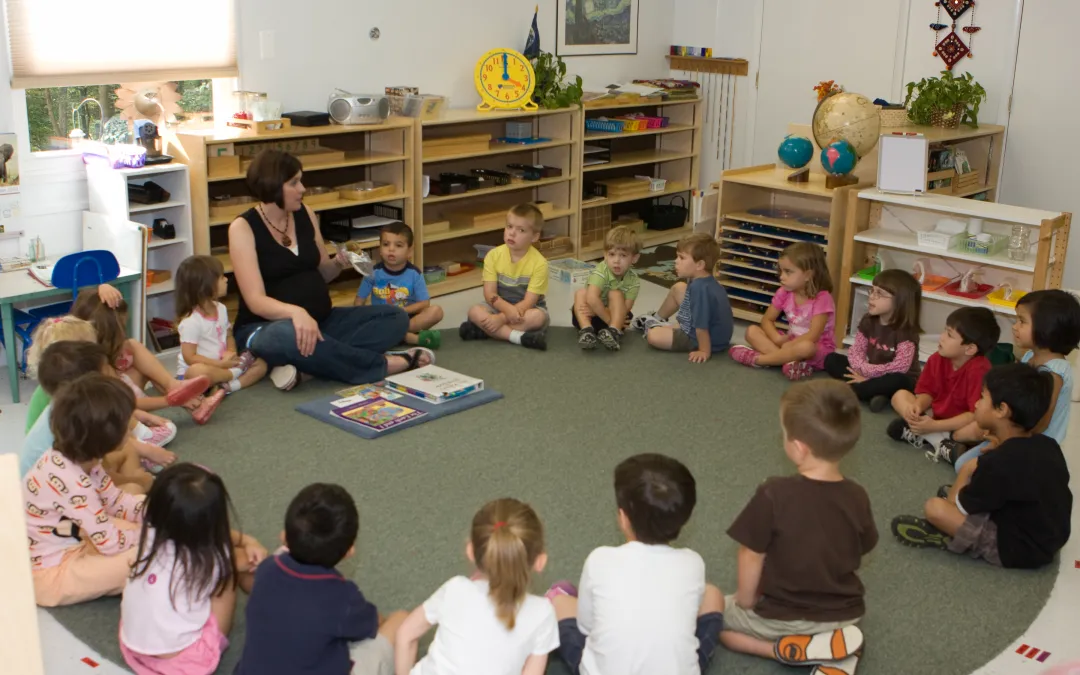Maria Montessori, a visionary in the realm of child development and education, placed a significant emphasis on nature and the child’s interaction with the natural environment. Today, with mounting concerns about screen time, urbanization, and detachment from the environment, Montessori’s insights on nature are more pertinent than ever. Let’s explore the integral role nature plays in Montessori education.
Nature as the Ultimate Classroom
Dr. Montessori recognized the boundless opportunities nature offers as a learning environment. With its diverse elements, rhythms, and lessons, nature becomes an ideal space for observation, exploration, and discovery.
Benefits of Nature in Montessori Learning
- Sensory Development: Nature is a symphony of sensory stimuli. The textures of leaves, the chirping of birds, or the scent of rain-soaked earth all contribute to refining a child’s sensory perceptions.
- Practical Life Skills: Activities like planting seeds, watering plants, or raking leaves teach children responsibility, sequencing, and motor skills.
- Scientific Inquiry: Nature sparks curiosity. Children wonder why leaves change color or how ants carry food. This curiosity lays the groundwork for scientific thinking and exploration.
- Emotional and Social Growth: Nature can be both calming and invigorating. It teaches patience (waiting for a plant to grow), cooperation (working on a garden project), and resilience (coping with a plant’s death).
Montessori Materials Inspired by Nature
Many Montessori materials have a direct correlation with nature. The botany cabinet, leaf puzzles, and animal cards, for instance, familiarize children with the natural world’s intricacies.
Outdoor Montessori Activities
Beyond the indoor classroom, Montessori encourages a host of outdoor activities:
- Nature Walks: Observing and collecting specimens.
- Gardening Projects: Understanding life cycles and botany.
- Shadow Studies: Observing the sun’s movement and understanding time.
Nature in Montessori Conferences and Workshops
For educators aiming to integrate more nature-based learning in their classrooms, professional gatherings offer a wealth of information. A prime example is the Children Change The World Montessori Conference in Canada. As the country’s top Montessori event, it often showcases innovative methods of nature integration, hands-on workshops, and expert talks. Curious about what’s on the agenda? Take a peek at www.childrenchangetheworld.com/schedule.
Conclusion
The Role of Nature Nature is not just a backdrop in Montessori education; it’s an active participant, a teacher, a guide, and a source of inspiration. In the words of Maria Montessori, «There is no description, no image in any book that is capable of replacing the sight of real trees, and all the life to be found around them, in a real forest.»
The Role of Nature
Montessori in Calgary
 Canada Estereo Tu Radio Latina En Canada
Canada Estereo Tu Radio Latina En Canada

